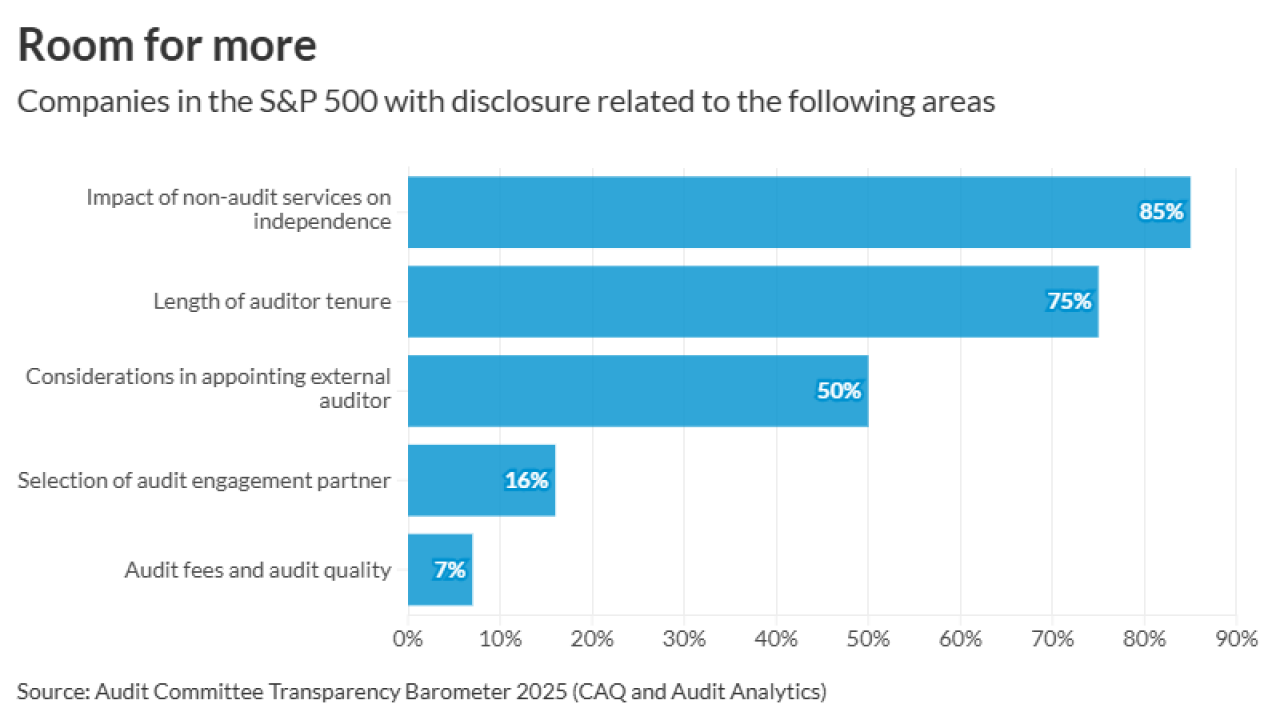A federal district court has sided with the taxpayer on an FBAR penalty issue, reducing the amount owed by the 89-year-old taxpayer from $160,000 to $40,000.
At issue in the case, U.S. v. Giraldi, was whether the Bank Secrecy Act of 1970 intended to establish the penalty for non-willful failure to disclose a foreign account on a per-account or a per-FBAR form basis. The case is a matter of first impression in the Third Circuit and is only the fourth federal court decision to address the penalty issue under the BSA, according to Mark Oberstaedt, a partner at Archer & Greiner PC, which represented the defendant.
“The District Court’s thorough analysis of the Bank Secrecy Act and FBAR requirements will likely be influential on related cases pending across the country and should encourage taxpayers and their accountants to consider challenging the IRS when it imposes non-willful FBAR penalties on a per-account basis, as opposed to a per-form basis,” he said.
The Bank Secrecy Act tasked the Treasury with collecting information from U.S. citizens who have financial interests in or signature authority over financial accounts maintained with financial institutions located outside the U.S. The Act requires that a FinCEN Form 114, “Report of Foreign Bank and Financial Accounts” (known as the FBAR) be filed if the aggregate maximum values of the foreign financial accounts exceed $10,000 at any time during the calendar year. In April 2003, the Financial Crimes and Enforcement Network (FinCEN) delegated enforcement authority regarding the FBAR to the IRS.
The defendant, Frank Giraldi, failed to file FBAR reports for deposits in four foreign financial accounts from 2006 to 2009. “Three of the accounts were tax-deferred annuities, purchases to protect the husband’s spouse, who was much younger,” said Ken Ahl, of counsel at Archer & Greiner. “Although Mr. Giraldi did a voluntary disclosure with the IRS in 2014, he ultimately decided to withdraw because the penalties would have been much higher than the normal penalties for failing to file. About two years later, the IRS hit him with the penalty for failing to file for four years, and applied the penalty to each of the four accounts for each year."
In granting partial summary judgement for the defendant, Judge Susan Wigenton ruled that Giraldi should only pay one penalty for each year he didn’t file, rather than for each account he had.
“Indeed, the BSA’s non-willful provision simply states that penalties ‘shall not exceed $10,000’ and does not expressly answer the question presented,” she stated. “Moreover, this is an issue of first impression in this district, and no federal appellate has addressed the intended scope of the BSA’s non-willful penalty provision. Although Congress created the non-willful provision nearly 16 years ago pursuant to the act’s 2004 amendment, only three district courts have addressed this narrow issue, including two within the last nine months.” (The first of those decisions, U.S. v. Boyd, adopted the government’s position, but was reversed by the Ninth Circuit just days after the decision in Giraldi.)
Judge Wigenton noted that in certain circumstances the IRS’s proposed construction would allow a similarly situated non-willful violator to incur more penalties than a willful violator:
“For example, suppose two individuals separately maintained $100,000 evenly across 20 foreign financial accounts. Both individuals fail to file an FBAR form, but the first individual’s failure is non-willful while the second individual’s failure is willful. Under the government’s position, the first non-willful violator would be subject to a maximum penalty of $200,000 (20 accounts x $10,000 penalty). Conversely, the second willful violator would be subject to a $100,000 penalty (the greater of $100,000 or 50 percent of ‘the balance in the account[s].'"
In U.S. v. Boyd, the taxpayer, Jane Boyd, held multiple financial interests in the U.K. in 2010. The IRS concluded that she had committed 13 non-willful violations of the reporting requirements under the Bank Secrecy Act, one for each account she failed to timely report. While the district court sided with the IRS, the Ninth Circuit panel held that the statute authorizes the IRS to impose only one non-willful penalty when an untimely, but accurate, FBAR is filed, no matter how many accounts are involved.
“One problem with these kinds of cases is that you never know what position the government will take on whether the client has been willful or non-willful in failing to file an FBAR — the penalty in both cases can be substantial,” said Ahl.
“These decisions should open the door for clients that get hit with stacking penalties — multiple penalties on top of a single penalty — to go back and challenge the penalties,” said Oberstaedt. “In our case, Giraldi paid a portion of the penalty under protest in order to get federal jurisdiction. We would certainly encourage accountants and attorneys to look at this carefully before telling their clients to go ahead and pay.”





